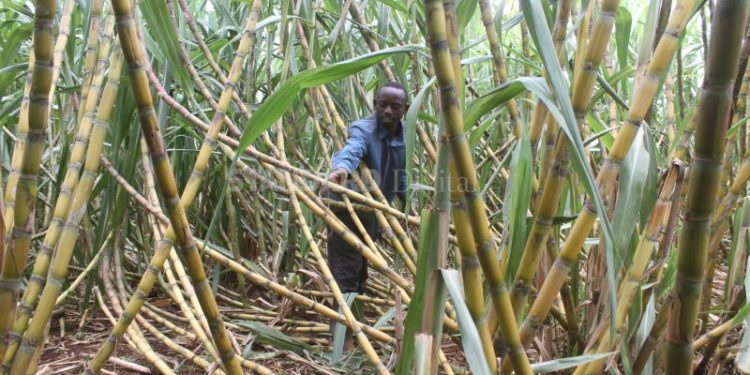The Agricultural Food Authority (AFA) made an announcement last week delineating the sugar belt into six regions. This move aims to address the challenges faced by sugar millers, create a fair and competitive environment, and promote long-term stability in the industry.
For years, the Kenyan sugar industry has been grappling with numerous challenges, including declining cane production, outdated machinery, and inefficient production practices. These issues have contributed to a significant decline in the sector’s productivity and profitability. Recognizing the need for intervention, the government has stepped in to implement zoning measures as a means to address the root cause of cane scarcity.
Read more: Relief To Farmers As Chemelil Sugar Commits To Settle Debts
Under the new zoning regulations, sugar millers will be restricted to specific geographic areas for sourcing cane. This approach aims to optimize the utilization of existing cane-growing regions and promote sustainable agricultural practices. By concentrating cane production in designated zones, the government expects to streamline the supply chain, reduce logistical challenges, and enhance the overall efficiency of the industry.
The zoning measures are expected to bring several benefits to the sugar sector. Firstly, by ensuring that each miller operates within a defined zone, the government can closely monitor cane production and track the performance of individual millers. This will enable better oversight, transparency, and accountability within the industry for better decision-making.
Secondly, the zoning system will incentivize investment in the designated areas. Sugar millers will be encouraged to establish partnerships with farmers, implement modern farming techniques, and adopt advanced machinery to increase cane production. This, in turn, will generate employment opportunities, boost rural economies, and contribute to overall economic growth.
The Kenyan government’s decision to implement zoning measures in the sugar industry marks a significant step towards addressing the longstanding issue of cane scarcity. In addition, the reduced supply of sugar leading to high prices presents an opportunity for investors to venture into the sugar industry, thereby reducing overreliance on importation. These measures are hoped to revitalize the sector, attract investment, and ensure a steady supply of cane, leading to a prosperous and resilient sugar industry in Kenya.
Email your news TIPS to editor@thesharpdaily.com
















